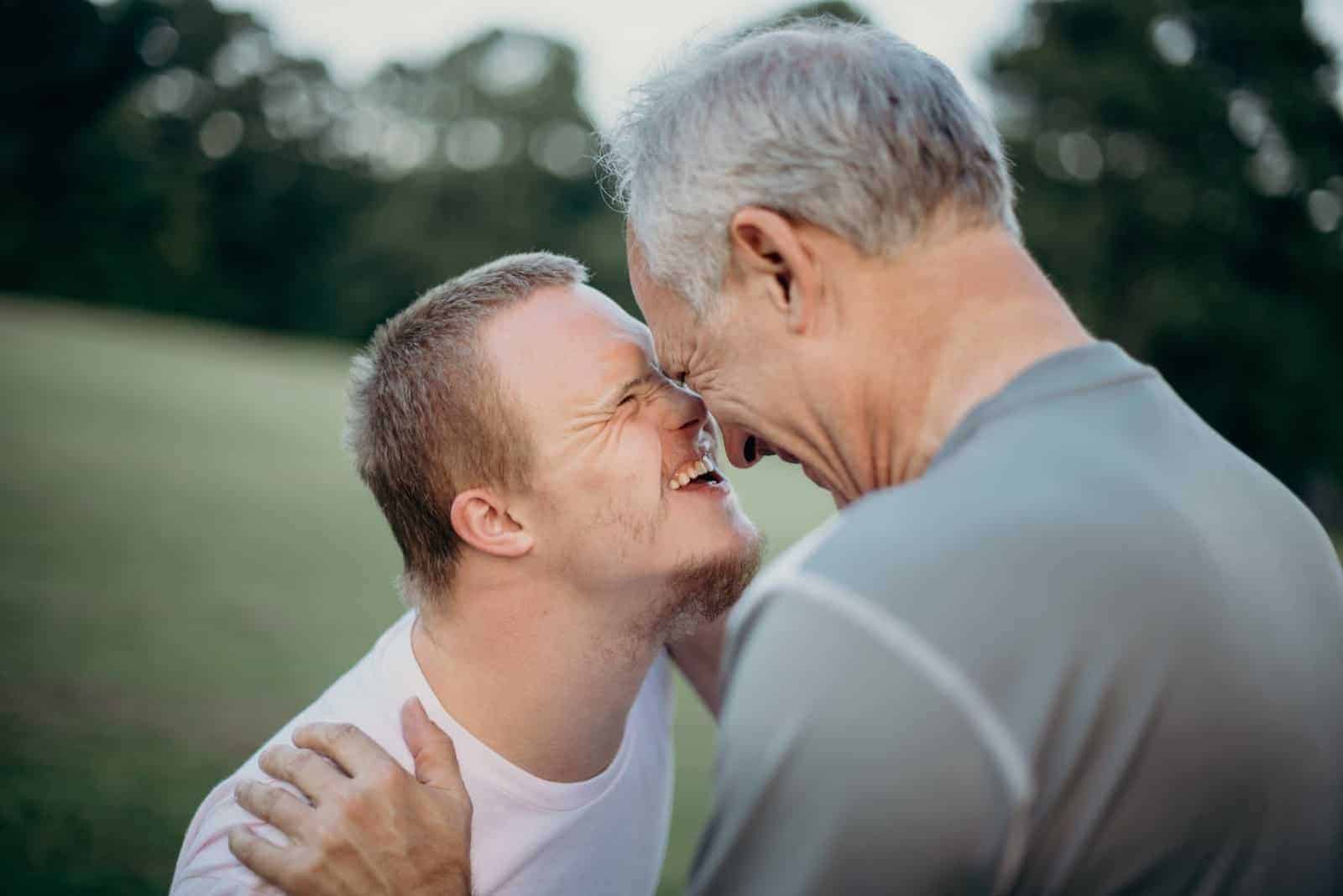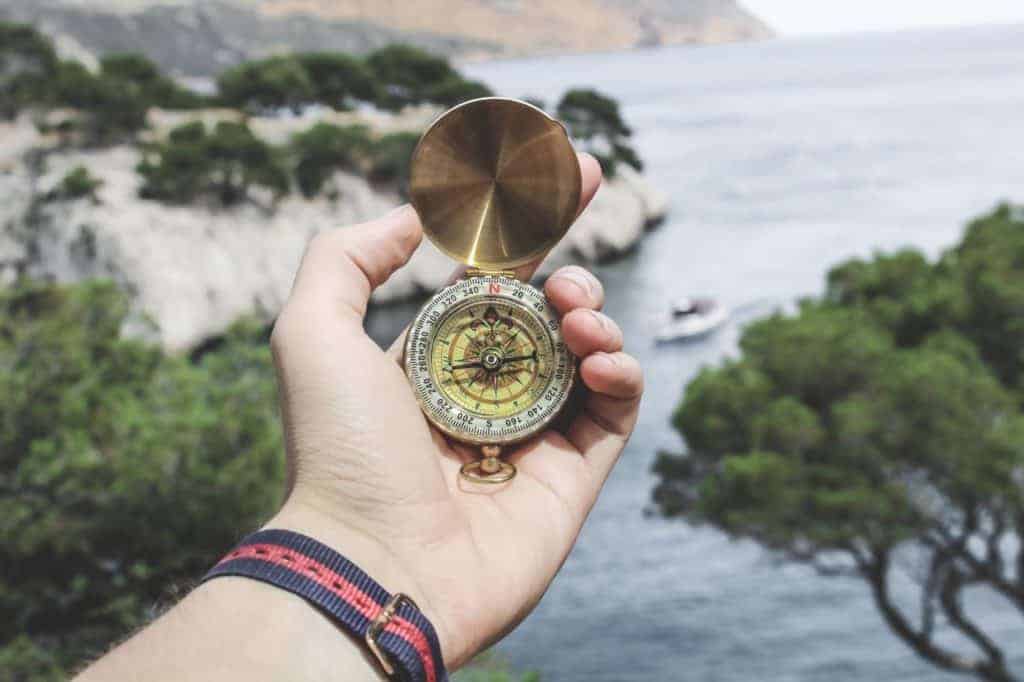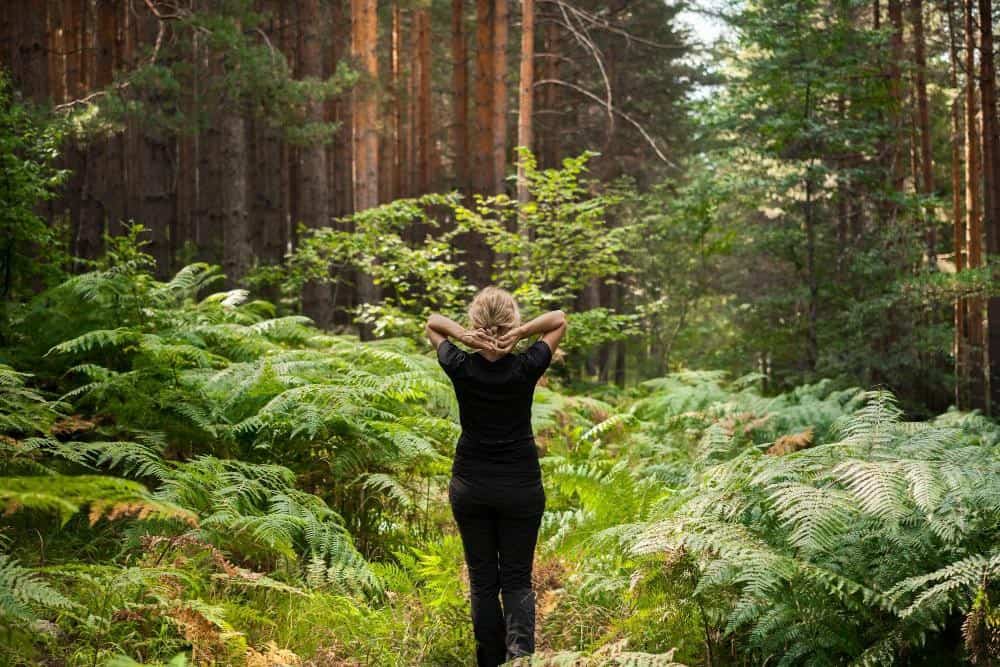As a life coach, I have the opportunity to help people answer some of life’s biggest questions. More than half the clients I work with are looking for more than career advice or a new resume;, they are asking themselves (and coming to me for support to answer) What should I do with my life?
My clients are in all phases of life, and in an extraordinary range of careers. I hear this question from people at the peak of their profession and people who are just starting out. What is my meaning? What is my purpose?
This is an age-old existential question. You have one life (at least in this go-round): how would you like to use it?
When we are searching for meaning and purpose, we may feel misaligned, or that we are missing something. And sometimes we are confused, as we have “checked the right boxes”, and yet, something still feels off. In David Brooks’ book, The Second Mountain he addresses this feeling with the idea that a person climbs two mountains in life.
Ascending the first mountain, one is in pursuit of conventional achievements, including a good job, romantic partner, children and a home. After one achieves these pursuits, there can be a sense of accomplishment followed by malaise. Some may experience this as a “midlife crisis”. There’s an unease, a sense of: This is it? Now what? There’s got to be more than this in life.
On the second mountain one pursues that which brings you joy, contentment and fulfillment. Upon the ascent, you ask yourself some big questions. What is my purpose? What is the meaning of life? How can I contribute to the world? The answers one reveals on the second mountain can be deeply satisfying, and involve community, spirituality, partnership and vocation. On the second mountain one achieves contentment and joy, which can offer more peace than conventional accomplishments and happiness.
Boredom Is An Opportunity
When I started my career, life coaching didn’t exist. After I graduated college in 1994, I was a dot-commer. After about a decade in that field, I trained as a chef and worked as a cooking teacher, TV host and cookbook author. I ran my own business where I taught people how to cook in their very own kitchens. I helped young couples establish their collective family recipes, borrowing from each of their cultural food traditions. I loved it.
A few years into the business, I realized that — even more than the cooking — I loved the conversations we had while cooking. Cooking is intimate. We would talk about their upcoming wedding, marriage, family, careers, and more. I felt honored to be trusted in this intimate space inside their homes and lives.
One day I remember walking past New York University (NYU) and flipping through their course catalogue. (I’m always taking some sort of a class; I like to learn). They were offering a life coaching program, which is a field I had never heard of before. The description said that coaches helped people figure out what they wanted out of life, set big goals, pursue and achieve them. I had an “Aha!” moment and felt it in my bones that I had to sign up.
At this transition time, while you’re wondering “what should I do with my life”, you may recognize a new interest, like I did, or you may recognize that you’re bored. Either way, you have an unmet need, and available mental space. You can pursue interests and curiosities and commit to learning and developing expertise (as I did when I signed up for the program).
Boredom is a good thing! It means to have the space and desire to change things up. It could be your life, workout routine, or reading material. Don’t fear the sentiment “I’m bored with my life, what should I do?” And don’t rush to answer that “should”. Recognize the boredom as an invitation to try something new.
When you feel that boredom, ask yourself the questions of the second mountain. Pursuing and revealing your interests, and developing skills associated with those interests helps you ascend the second mountain.

Everyone Will Experience Transitions
Everyone is going to have a different path in life. Some people know exactly what they want in life (about 2-5% of people), while others have a variety of interests that evolve. Both are okay, and yet the 98% of people who fall into the second camp can get anxious that they “haven’t figured it out yet”. Instead of asking “What should I do with my life”, maybe just ask what am I interested in right now? What skill can I develop today, this month, this year?
Our lives don’t have a set path; life is a series of transitions. You could have a tragic accident and need to re-learn to walk. And in that process, your life and priority changes. A transition is a change from what was to what is, or from what is to what will be. We’re always in transition; sometimes we’re aware of it, and there’s a specific cultural rite of passage, and sometimes it just happens.
Knowing that you’re in transition can provide a useful framework for the unease you may feel “in between”. Take a bird’s eye perspective and evaluate what’s working and what’s not, instead of getting stuck in the day to day. I like to use the Whole Life Model assessment with my clients to review the ten key areas in your life and identify what is working and what could be improved.
By reviewing your life, you can prioritize the areas in which you’d like to set goals and create change. And you can celebrate the areas of your life that are working well. You may be surprised at the things that come up.
Sign up for my newsletter, and I’ll send you a chapter of my book, Personal Revolution, with a copy of the Whole Life Model Assessment.

Build Momentum and Make Change
I’m a big fan of Atomic Habits by James Clear. The book suggests that to make lasting change, you want to small and be consistent. These small, consistent changes are easier to start, and can lead to a significant impact.
It takes time to build momentum. And momentum is powerful that a big initiative that flames out.
The question “What should I do with my life?” can seem overwhelming. To make it surmountable:
- Identify your interests, and pursue them with a commitment to skill-build.
- Reframe your boredom as an invitation to make change (then see #1 above).
- Consider a framework like the one in The Second Mountain that invites you to prioritize community, partnership, spirituality and vocation as life’s most meaningful, and improve these.
- Use a tool like the Whole Life Model assessment to identify the areas in your life that are working, and those that could use a tweak.
- Once you prioritize what needs adjusting, set clear intentions and commit to taking consistent, small steps forward to create change.
As a life coach, I have the privilege of working with people who are asking these big questions. It’s an honor to collaborate with you and find a solution. If you feel you want to take the next step, reach out and schedule an introductory session. I’m here to support you.



